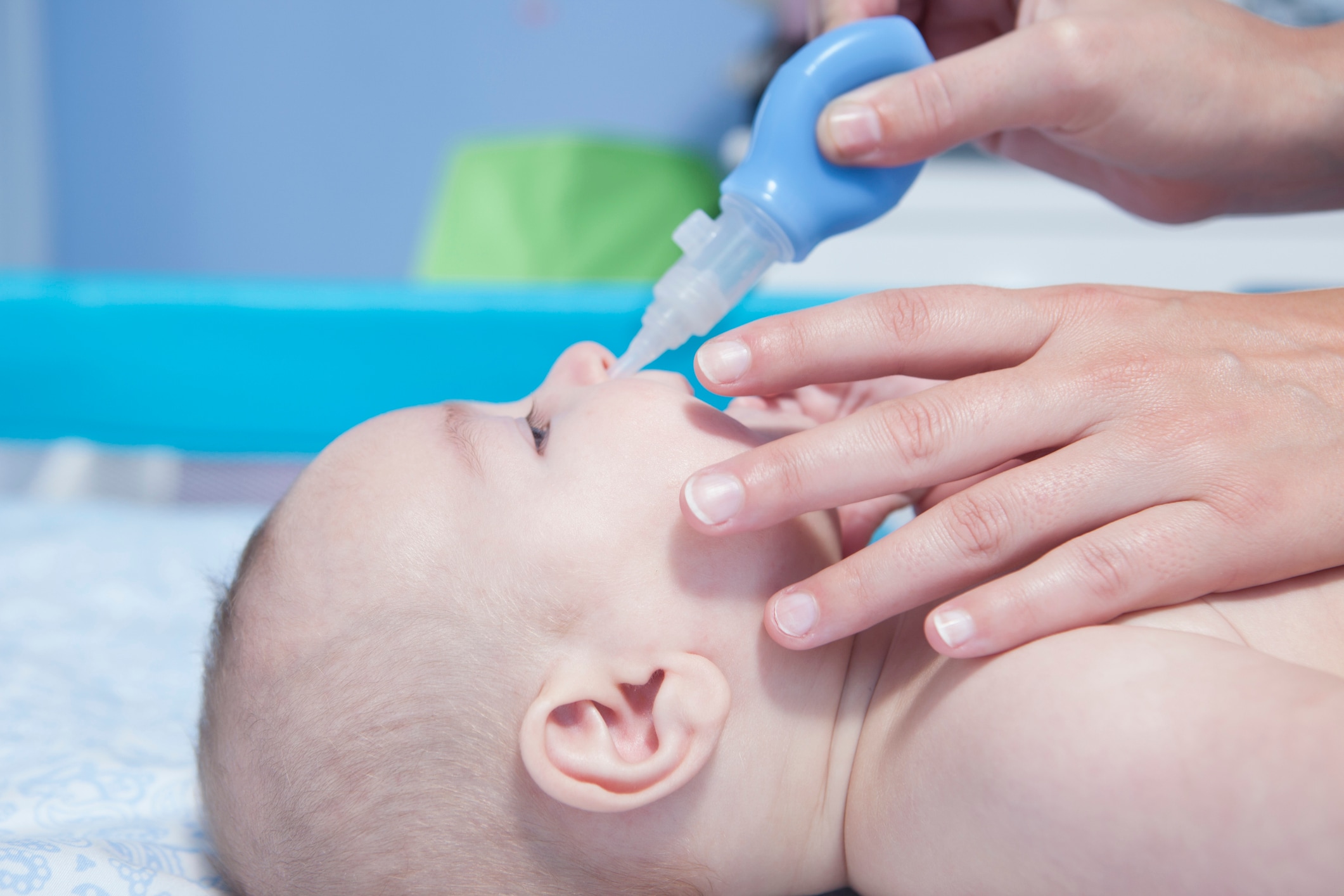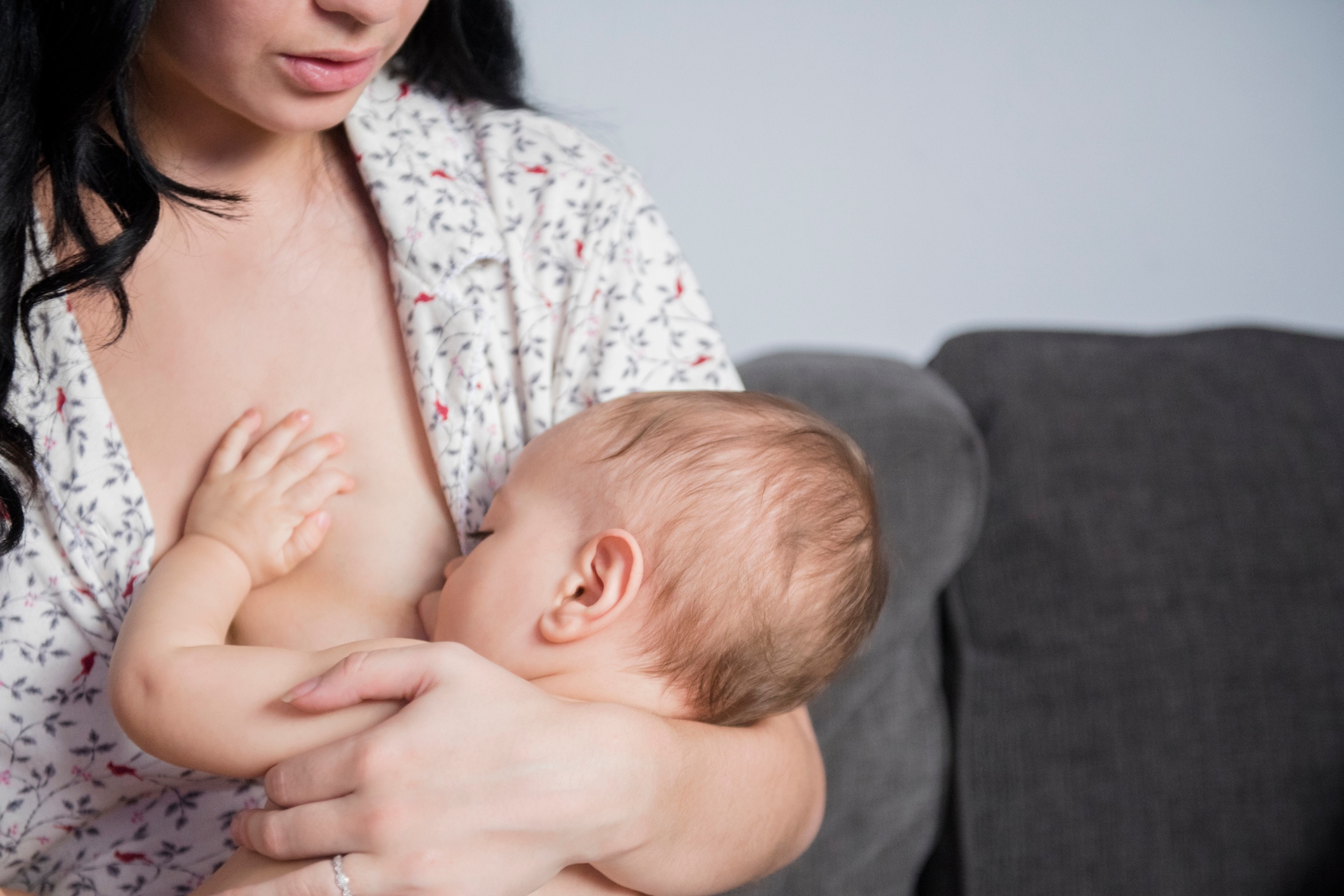We used to associate motherhood with mom jeans and dark under-eye circles. Now, it seems, people associate it with wine glasses and jokes about rosé. As moms have gotten more vocal and honest about the struggles of raising kids, “mommy juice” culture — the humorous trope that moms need to guzzle wine to cope with the stress of parenting — has taken off. But lately more moms than ever are speaking out about how those “mommy needs a drink” memes may be hiding real struggles with alcohol.
“Mommy juice” culture and “wine moms” became popular on the internet in the early 2010s, mostly because of parenting blogs and memes. You’ve likely seen the memes about it being “wine o’clock” or mommy drinking from her “adult juice box” (a funny name for boxed wine).
There are a number of popular blogs and social media pages with names like Mommy Needs More Wine and Mommy Needs a Marg. The Facebook page Moms Who Need Wine has more than 700,000 followers. Urban Dictionary even has an entry for “wine mom,” defining it as “a middle-aged female (usually a mother) who enjoys drinking a refined, complex red or white wine most likely bought from Whole Foods with her other middle-aged female friends while exchanging neighborhood gossip.”
For a lot of moms, “mommy juice” culture is just a joke. It’s a light-hearted way of explaining that motherhood is stressful and of reclaiming their identities as women who need to laugh and unwind just like everyone else. But for others, the culture surrounding moms and drinking is covering up a much bigger issue. Recently, several moms have spoken out about how wine culture encourages drinking to excess and how all the jokes, memes and tweets can end up becoming a cover for a growing dependence on alcohol.
Last week, Good Morning America did a feature on “mommy juice” culture and interviewed blogger Celeste Yvonne, who openly writes about being 500 days sober after realizing that she was using mommy wine culture as a way to “self-medicate.” She told the news show that on most days, she would have a glass of cabernet with dinner, and then she would finish the bottle after the kids went to bed. She soon realized it was becoming a necessity.
Harmony Hobbs, another sober mom who spoke with Good Morning America, said she stopped drinking wine because she started to feel like she couldn’t handle life without it.
“Pretty much from the time I woke up, I was thinking about the glass of wine I was gonna have, and I couldn’t wait,” she says.
These moms certainly aren’t alone. In the past few years, dozens of moms have opened up online about their struggles with alcohol and how “mommy juice” culture can make it harder to cope. In 2018, writer and mom Sarah Cottrell published an essay about her own drinking and how mommy wine culture has “normalized alcoholism.” Another piece in the New York Times explored how difficult and isolating it is to be a sober mom in the heyday of mom wine culture. Some moms have created entire websites and social media pages dedicated to sharing their journey to recovery.
“Mommy juice” culture can be a touchy subject for mothers. It’s a reality that motherhood is difficult and that women often unfairly shoulder more of the burdens of child care and housework. Motherhood can be exhausting and overwhelming. It can also be isolating. In some ways, moms joke about wine and drinking because it’s a way of sharing their burdens without getting too serious. Moms online can read blogs or go to social media pages that share these kinds of posts, and they can find a like-minded community of mothers who are also struggling and who also need a laugh. But the recent backlash is a reminder that jokes can have real consequences.
The National Institute on Alcohol Abuse and Alcoholism reports that more than 15 million Americans over age 18 struggle with some form of Alcohol Use Disorder. A 2017 study in the journal JAMA Psychiatry found that from 2002 to 2013, the number of women engaging in high-risk drinking (defined as having four or more drinks per day in a given week) increased by nearly 58%.
The Dietary Guidelines for Americans defines moderate alcohol consumption as having up to one drink per day for women, but many moms report drinking much more. And while drinking more than the recommended amount does not necessarily mean that someone has a drinking problem, mommy wine culture could run the risk of normalizing drinking to excess and creating a harmful environment for women who do struggle with alcohol dependence.
Ultimately, only individual moms can make choices about their drinking habits, and certainly no mother should be judged for wanting a glass of wine at the end of a long day. But there is more going on behind the scenes of “mommy juice” culture than just laughs, and it’s worth considering whether or not those “harmless” memes could end up hurting moms more than they help.





